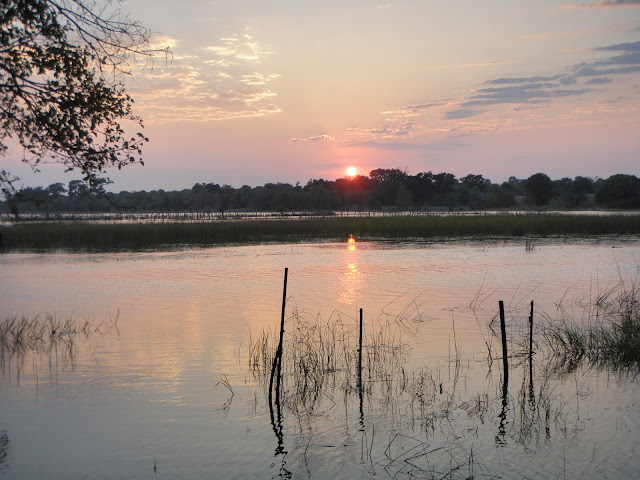Today we have been celebrating Earth Day and it has given us a chance to stop for a moment and think about the impact we are having on earth, our common home.
We have had lots of good conversations in school today about what we do that harms our planet, and how we might go about changing those behaviours. I have been so impressed with the ideas that children have had in school, and I think it just highlights the importance of making green choices every day and the significant impact this can have over time.
Schools are great places to start when trying to make big social change. If we instil those green values in young people, then they are more likely to go on and make sustainable choices later in life. They can also influence people around them and other communities outside of their school life.
For the last year or so, I have been exploring ways of making schools greener places to teach and learn. Many of the actions we can take are ones we know already; turn lights off when you leave the room, recycle paper, bring a reusable water bottle, eat all your food at lunchtime etc. However, these changes alone are not always enough to bring about significant change. They are also difficult to remember to do in the hectic nature of a busy school day. I'd like to offer a few different ideas that might help to make a difference over time. Some of them might require more effort or time but I guarantee they'll make a difference (and might save some money too!) Let's see how many you might manage to do?!
🌍 Exercise books are a huge cost and use of paper -> swap them for slim, cardboard files or folders - this will save paper and glue as you won't need to glue worksheets in all the time; it should also save you a good amount of money, and time as you won't have to trim worksheets down to fit into books
🌍 Food waste can be a big problem in schools -> involve children in deciding on the school menu - this will give them to opportunity to express a preference which will lead to less food waste; make sure you buy local and seasonal as well
🌍 Schools can be very harsh environments -> bring plants into the school and classroom - green has a calming effect on the mind and the plants will help to purify the air; you can make it a task or responsibility for children to have to look after them and water them on a regular basis
🌍 Lots of water goes down the drain every day -> install some rainwater harvesters around your school grounds - the water can be used for watering plants, topping up a bird bath, or creating a mini pond; develop a little outdoor space or forest school area in which to do outdoor learning
🌍 Uniforms are often bought new or thrown out after use -> create a system where uniforms can be passed down or bought second hand to save them going to landfill; it will save parents money too, and you should encourage children to care for their clothes and belongings and not treat them as disposable or replaceable items
It is also a great idea to create an eco-council or green club within your school so that children can take ownership of what happens and change comes from within. Sign up to become an EcoSchool with eco-schools.org.uk and follow their steps to becoming a sustainable school community.
🌍 Happy Earth Day! 🌍






